From debilitating data breaches to social media platforms running amok with our information, it seems as if the assaults on our privacy are endless. We’re not doing ourselves any favors by continuing to use the internet for everything from ordering food to hailing taxis, but there are ways to wrest back control.
Here are six things we can do to improve our online privacy and security—including tips from experts we’ve interviewed over the years.
1. Rethink your reliance on smart devices
Dr. Mark Burdon, a senior lecturer at the University of Queensland’s TC Beirne School of Law and co-inventor of the term “sensor society,” questions the need for all our smart gadgets, saying:
“Ask yourself: Do I really need to have a device that connects my fish tank or my toaster or my child’s toy or my light bulb, et cetera, et cetera, with my Wi-Fi or smartphone? Be aware of what you bring into the home and the risks of doing so. The best cybersecurity practice in that sense is to mitigate the risk before it emerges.”
In 2019 alone, there were nearly 3 billion cybersecurity events related to attacks on IoT devices, according to one research firm. These objects often serve as an attack vector, meaning hackers use it as an entry point to infiltrate your home Wi-Fi, after which they could very well attempt to gain access to other devices.
If you insist on keeping an array of internet-connected devices, however, then consider getting a VPN for your router.
2. Protect your logins
World-renowned cryptographer and security technologist Bruce Schneier was straight to the point: “Enable two-factor authentication wherever possible. And maintain good backups.”
At the same time, we should strive to use secure passwords. These should typically be at least 12 characters in length with an alphanumeric combination. To create a secure password we recommend you use ExpressVPN’s Random Password Generator. Also try and use a different password for each service.
If that gets too complicated, consider investing in a password manager such as LastPass.
3. Only use encrypted messaging apps
We’re in 2021, but end-to-end encryption (E2EE) still isn’t a given for many messaging apps. Google Hangouts, Line, WeChat, KakaoTalk, and Telegram are some that don’t have E2EE enabled by default.
E2EE helps protect your privacy by ensuring that only you and the intended recipient can read the message. Without it, the messaging app provider could theoretically skim the contents and sell the data to a third party or hand it over to the government.
Our list of the best encrypted messaging apps is a good place to start.
4. Change your social media privacy settings
Social media companies are data-hungry leviathans, eager to skim as much information from users as possible to hawk off to the highest bidder. And the more information you share publicly on the likes of Facebook and Instagram, the easier it is for advertisers and scam artists to target you.
The CIA, FBI, and police are also known to keep tabs on people via social media accounts.
How to change your Facebook privacy settings on desktop
- Click the down arrow in the top right corner
- Select Settings & Privacy
- Click on Settings again and scroll down to Privacy (in the left hand column)
We recommend you Limit Past Posts, allow only Friends to see your profile, and select No to not appear in search engine results.
How to change your Twitter privacy settings on desktop
- Click on the More tab on the top left of your screen
- Select Settings and privacy
- On the left-hand column, go to Privacy and safety
You can now alter who can find you on Twitter, tag you in posts, and even see your Tweets.
To take it a step further, scroll down until you see “Data sharing and off-Twitter activity.” By toggling these settings, you can prevent Twitter from tracking you across the web and using your online activity to serve you personalized advertisements.
If you want to be super secure, why not get rid of your social media and be free from all the notifications and spam? ExpressVPN’s guide to deleting accounts will show you how to be permanently rid of Facebook, Twitter, Google, Instagram, and more.
5. Use a VPN
VPNs help maintain your privacy and increase your anonymity on the internet by obfuscating your IP address and routing your internet traffic through an encrypted tunnel. Hackers, governments, and your ISP cannot eavesdrop on your online activity, even if it’s on unsecured networks such as public Wi-Fi.
6. Only connect to HTTPS sites
Notice the small padlock icon next to the website URL? That indicates the connection between your browser and the site is SSL-secured and encrypted, helping you avoid nasty incidents like man-in-the-middle attacks.
Sites that don’t offer SSL encryption open you up to the possibility of privacy invasion, data theft, and perhaps even financial loss. The HTTPS Everywhere browser extension can help by prompting your browser to automatically connect to the secure HTTPS version of any site you visit—it’s also included in the ExpressVPN browser extension for Chrome, Firefox, and Edge.
Shore up your defenses and stay safe online
So there you have it, six simple things you can do right now to improve your privacy.
What do you do to make sure your data stays yours alone? Let us know in the comments below.
Read more: 3 lesser-known online privacy tools you should start using
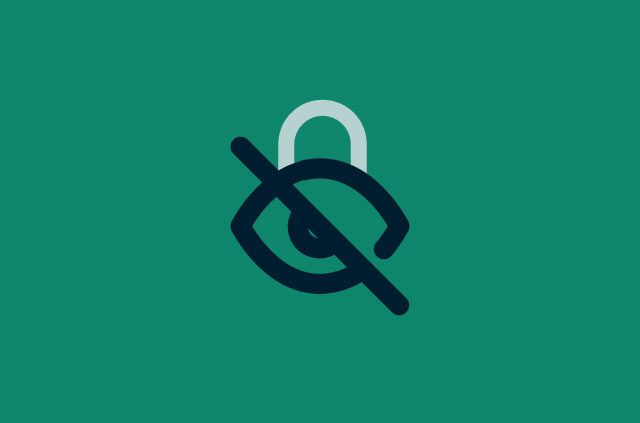
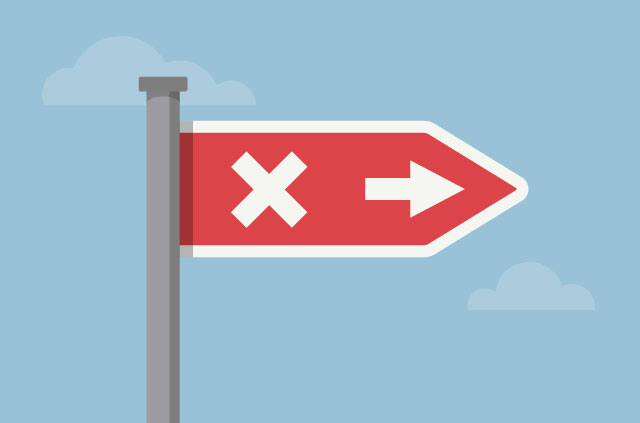


















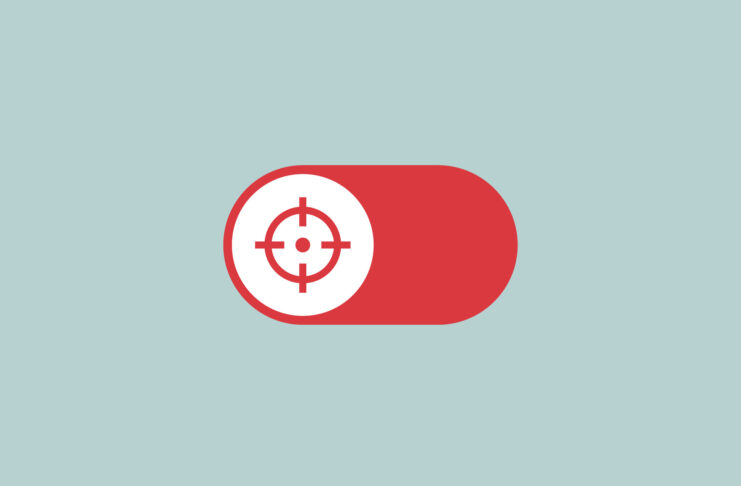
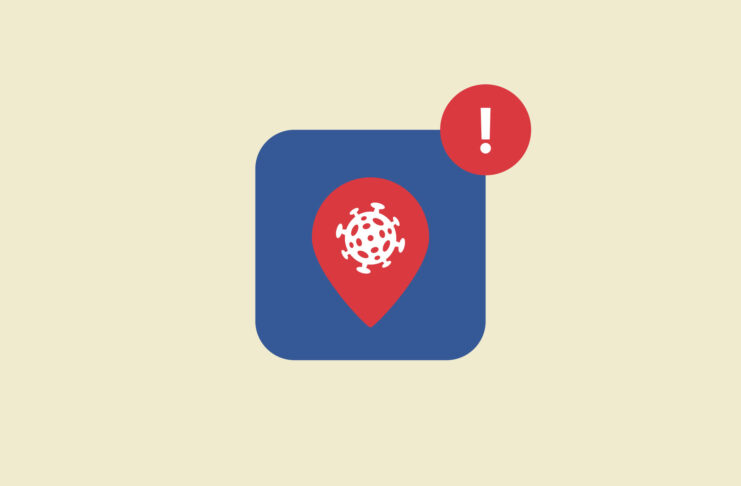
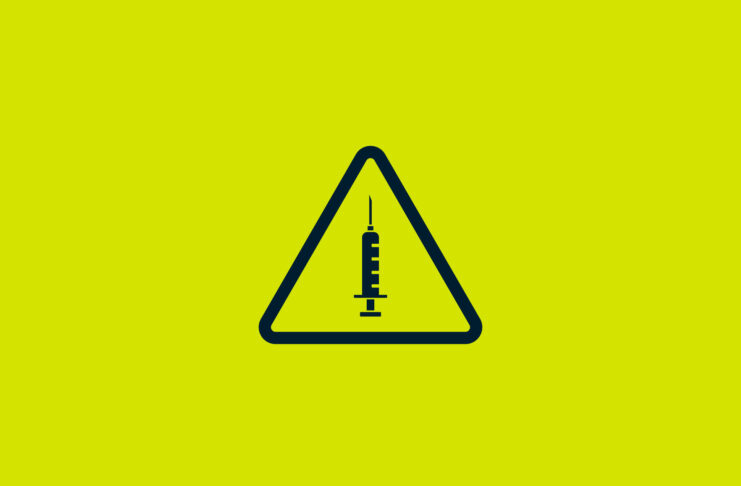
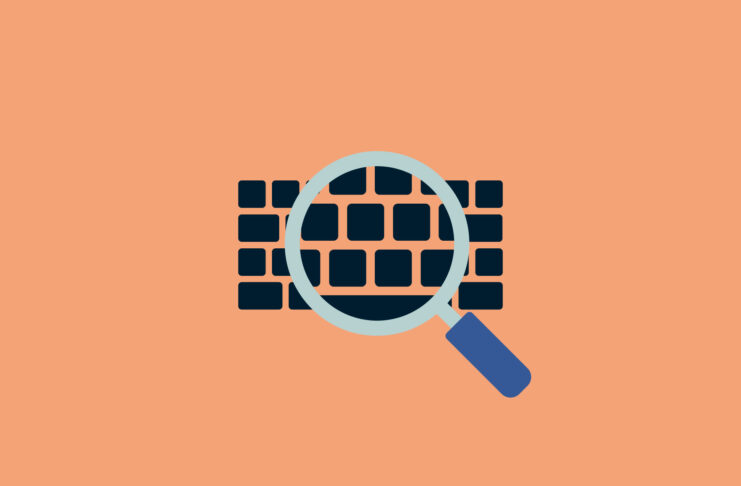




Comments
in the all this is moot, let the truth be known we have all lost our ability to be privet , we have never found the lost ark , holy grail, or will we have Scottie beam us up.
Create an alternate online identity with personal information such as birthdate, phone number, address, etc that is completely obscured and different than your real info and memorize that alter ego. Everytime you’re online filling out a survey, form, or a simple response to a questionnaire posted by a blog such as this, ensure you remain incognito by submitting only the information of the online identity you have created. You think my name is really Nick or even resonates as close association with my true life name?!?! Case in point. Stay safe, be smart, and remain vigilent. Do not trust anyone. When it becomes a fight to the death situation, not one person will deny that he/she wouldn’t fight hard to save their life. Not me, not you, not even your closest friend. Expect the worst but hope for the best. Pray for peace, and be an advocate for decent human being morals and ethics in all that you do. Integrity is what you do when no one is watching.
After reading the blog I thought he made some good points. Generalized or not. In fact, I believe he implied thhose were just some simple things you can do immediately. Uncommon common sense. People ‘claim’ it is common sense but there are enough ppl who do not abide to practicing it. It needed to be said. Good job!
“Shore up…”
You’re absolutely right. Many thanks.
This is a very generalised over view but no specifics
I didn’t found yet any thread that can be dangerous, but anyway you have to be save insteed to be hurt by a bad person from internet .